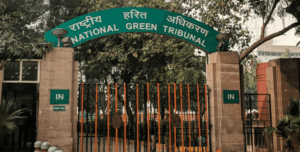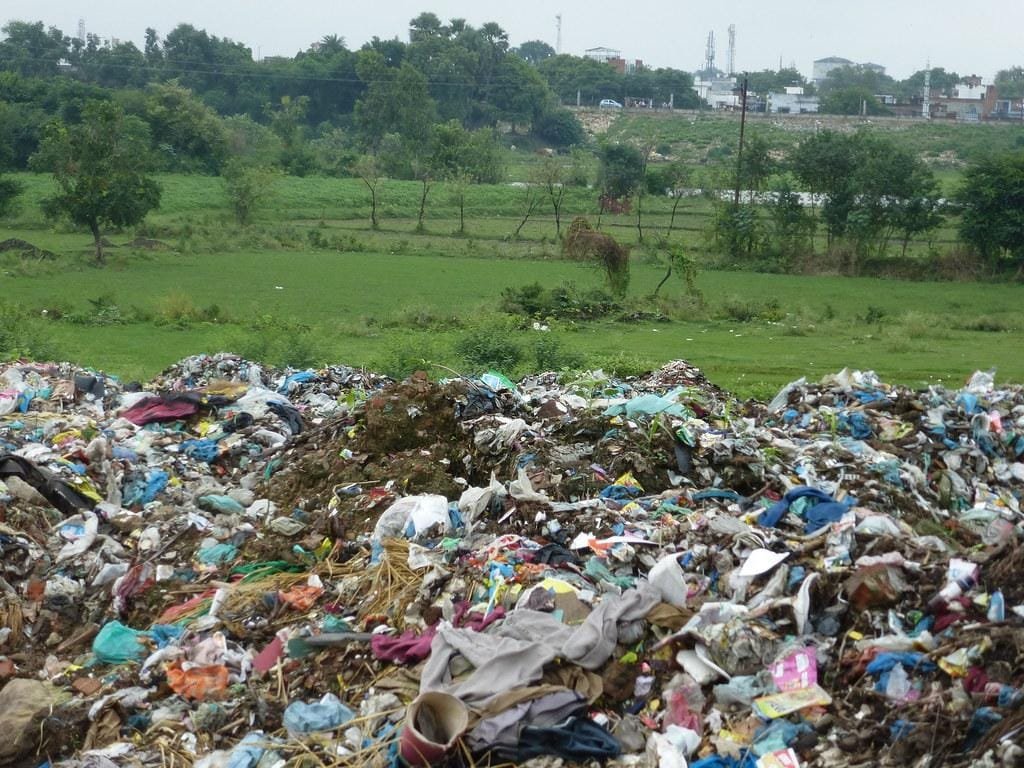Amidst promises and proclamations concerning solid waste management in rural India, the reality on the ground paints a starkly different picture. Despite the government’s assertions, the landscape of villages remains marred by unsightly heaps of garbage, posing significant challenges for commuters and residents alike.

With no visible infrastructure for waste management, rural areas grapple with the pervasive issue of unattended solid waste, exacerbating environmental concerns and public health risks. In a district comprising 750 villages and over 2.5 lakh households, the magnitude of the waste management crisis looms large. Government data reveals a staggering daily generation of 376.34 metric tonnes of garbage across the district, encompassing both dry and wet waste. Yet, the absence of effective disposal mechanisms leaves rural roadsides and footpaths strewn with filth, underscoring the urgent need for comprehensive waste management interventions.
Despite outlined plans in the District Environment Management Plan 2021, progress on the ground remains elusive. The envisioned provision of garbage-lifting vehicles in all 750 villages by October 31, 2026, stands as a distant goal, with no tangible strides towards its realisation. Gram Panchayats, tasked with crucial waste management functions, including segregation, collection, and transportation, have yet to implement directives issued by the district administration, further exacerbating the crisis.
The failure to execute mandates set forth by the National Green Tribunal (NGT) for plastic waste disposal amplifies the governance deficit in rural waste management. Despite directives issued to Gram Panchayats and Block Development Officers, no discernible progress has been observed, signalling systemic inertia and administrative lapses in addressing the pressing issue at hand. As rural communities grapple with the ramifications of unchecked waste accumulation, the imperative for urgent action grows more pronounced. The disparity between policy pronouncements and ground realities underscores the need for concerted efforts to bridge the implementation gap and foster sustainable waste management practices in rural India. Only through collaborative endeavours between governmental bodies, local authorities, and community stakeholders can the vision of clean and hygienic rural landscapes be realised, paving the way for a healthier and more sustainable future for all.


